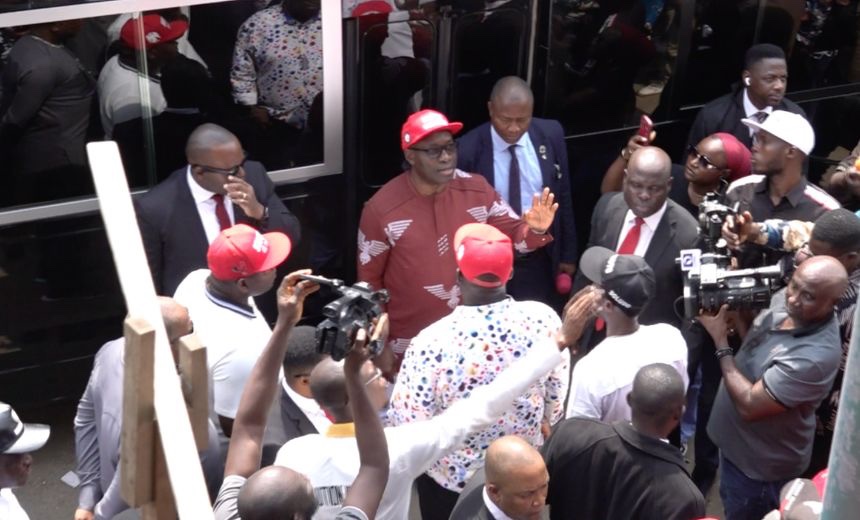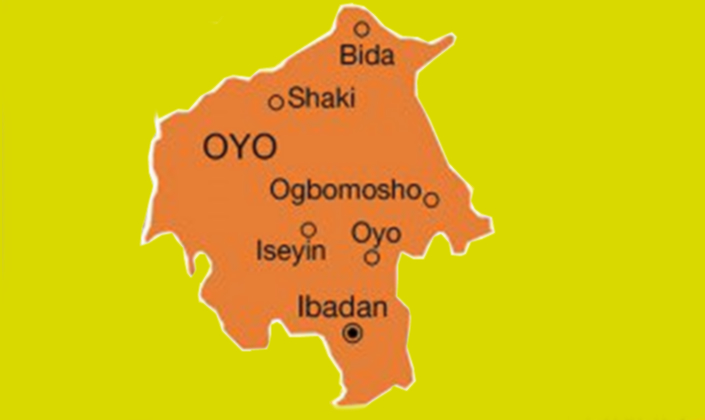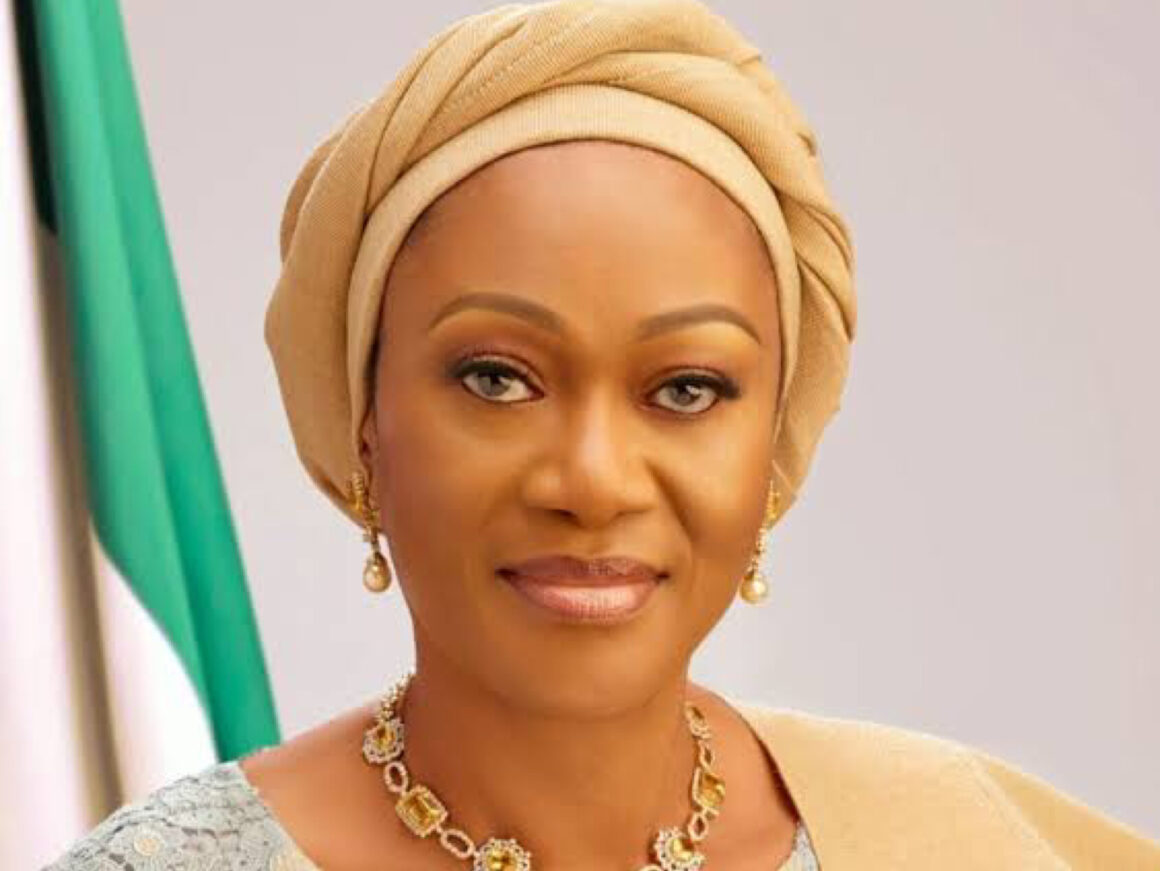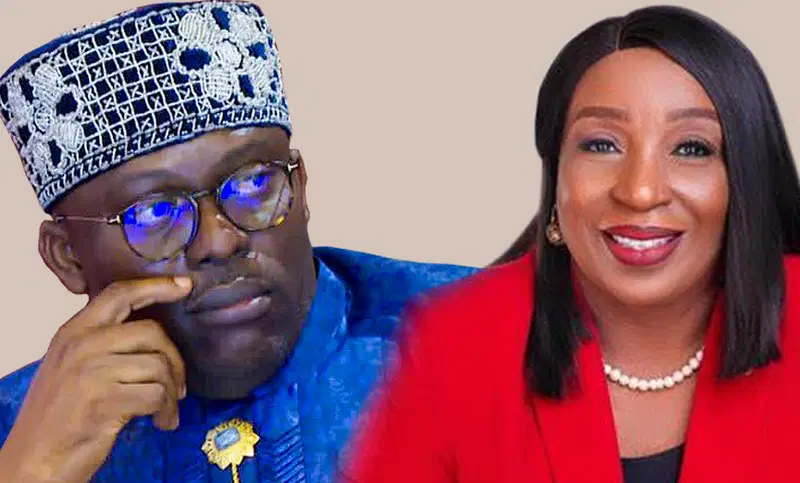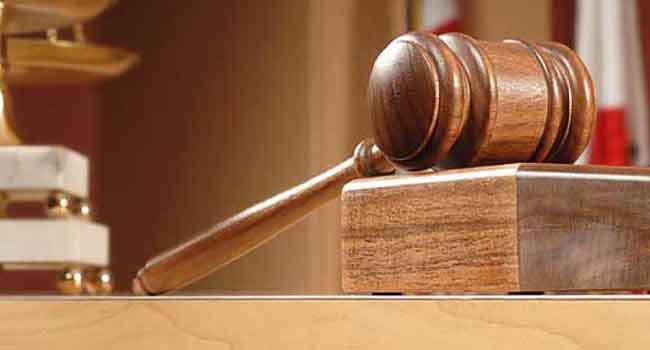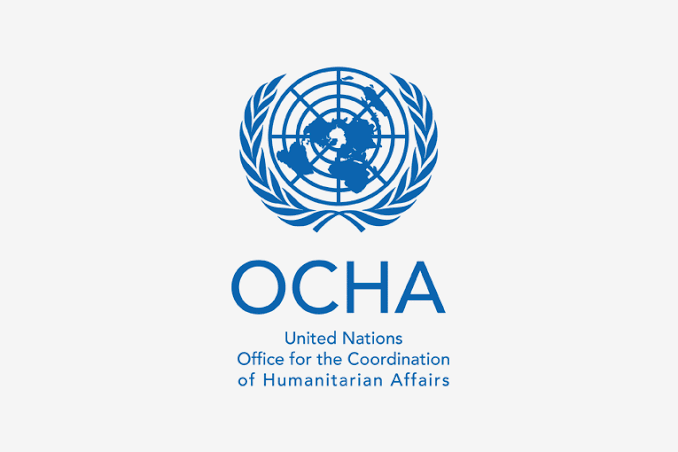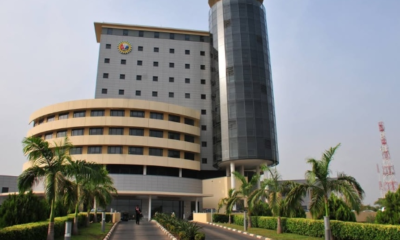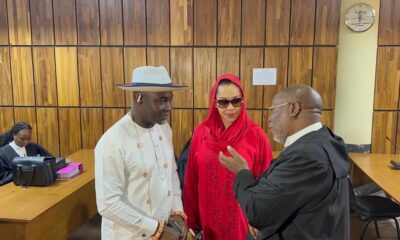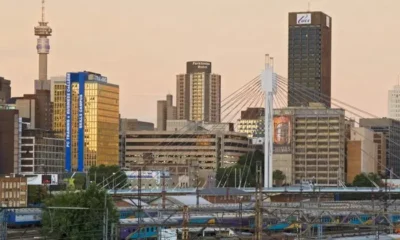National News
FG rolls out direct funding model to curb leakages in Health Sector
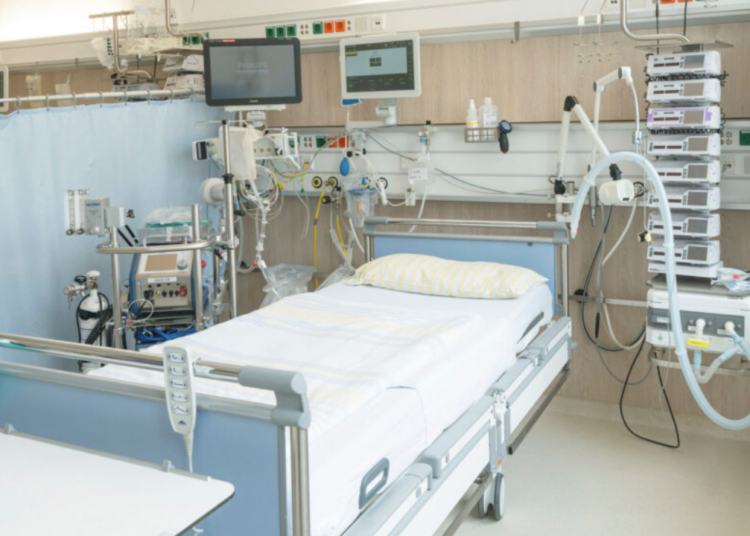
The federal government has disbursed over N192 billion to strengthen primary healthcare facilities across Nigeria since the launch of the Basic Health Care Provision Fund (BHCPF) in 2019.
This was disclosed by Dr. Muyi Aina, executive director and CEO of the National Primary Health Care Development Agency (NPHCDA), during an interview with the News Agency of Nigeria (NAN) following the National Health Financing Policy Dialogue in Abuja.
The dialogue, themed “Reimagining the Future of Health Financing in Nigeria,” was organised by the National Health Insurance Authority (NHIA) and partners to explore sustainable and equitable healthcare financing models.
Aina highlighted that rising service costs and currency fluctuations continue to strain the health sector, even as federal and state budgets grow.
He noted that out-of-pocket payments still dominate health spending, while government contributions remain low at just 14 percent.
According to him, N3.5 billion has been mobilised under initiatives such as the Sector-Wide Approach (SWAp) and the Health Sector Renewal Investment Initiative, with 60 percent sourced from funding partners like the Global Fund, Gavi, PEPFAR, and BHCPF.
Currently, 8,309 facilities receive quarterly BHCPF allocations, recently increased from N300,000 to between N600,000 and N800,000 per facility based on size and patient volume, under the new BHCPF 2.0 reform.
“This reform is aimed at addressing real operational costs, supporting staff, essential drugs, and infrastructure,” Aina said, adding that the government will roll out a direct funding mechanism nationwide to ensure transparency and reduce leakages.
The pilot, tested in several states, will enable direct payments for commodities and staff salaries into designated accounts.
Aina also revealed troubling vaccine accountability gaps, saying between 15 and 25 percent of non-campaign vaccines cannot be traced, citing possible wastage, poor forecasting, or mismanagement.
He disclosed that some states reported vaccine consumption up to four times higher than their recorded coverage, raising questions about accountability.
“We are now asking states to investigate these discrepancies at the local government level and fix them,” he said.
To address financial inefficiencies, Aina stated that Nigeria has reduced its projected vaccine procurement costs for the next five years from $1.5 billion to $1 billion through improved planning.
He reaffirmed the government’s commitment to stronger co-financing, performance-based accountability, and smarter spending to ensure quality healthcare delivery nationwide.
-

 News4 hours ago
News4 hours agoOpposition Reps raise alarm over alleged non-implementation of 2025 budget
-

 World News4 hours ago
World News4 hours agoNigeria’s exports to Africa hits N4.82trn
-

 Business4 hours ago
Business4 hours agoCurrency outside Banks rises 10.2% as money supply expands
-

 National News4 hours ago
National News4 hours agoClean Energy key to survival, healthy living — Remi Tinubu
-
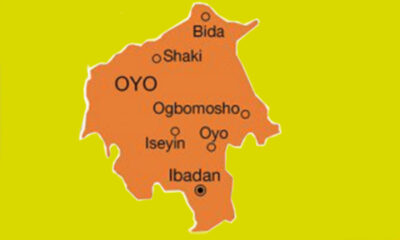
 Metro4 hours ago
Metro4 hours agoPolice Inspector killed as officers rescue kidnap victim in Oyo
-

 News21 minutes ago
News21 minutes agoBREAKING: Soludo orders closure of Onitsha Main Market over sit-at-home defiance

